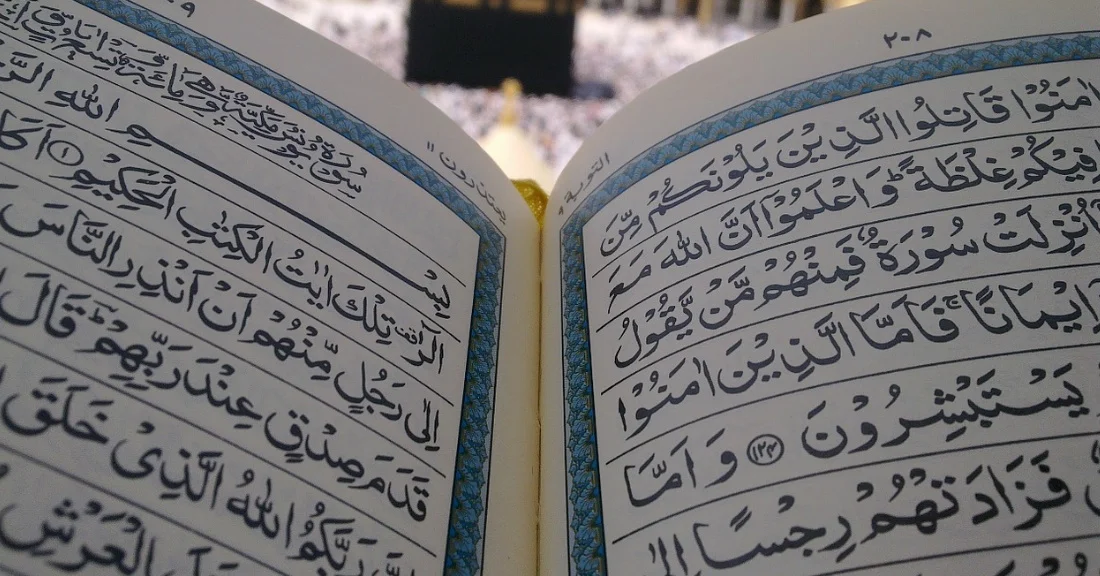According to widespread information, every devout (in other sources - died as a martyr) Muslim in the next world will receive a reward: 72 virgins who will take care of him and love him. We checked whether this is written in the Koran.
Information about 70–72 eternal virgins, called Gurias, is quite popular in sources of various kinds - from highly political articles (like this on the BBC) to research books ("Arabs and Jews: a clash of cultures" Michael Kheifetz or "West and East: Clash of Civilizations" Vadim Chernovetsky). Most often, this topic is exploited in the context of the motives of behavior of suicide terrorists. For example, in 2017 a big resonance prompted a letter from a 15-year-old suicide bomber who blew himself up in Mosul, Iraq: “My dear family, please forgive me. Don't be sad and don't mourn. I asked you to marry me, but you refused. Now, by the will of Allah, I will marry 72 virgins in paradise.”
First of all, it is necessary to note the following. Koran - the main holy book of followers of Islam. The Koran consists of verses (according to various estimates, ranging from 6204 to 6600), called verses and combined into 114 suras (chapters). Since the presentation of information is largely in artistic language, there is such a category of people as a mufassir - an interpreter (commentator) of the Koran. This occupation requires high qualifications, implying perfect knowledge of the Arabic language, the biography of the Prophet Muhammad and analytical skills. Depending on the mufassir, a particular verse can be interpreted differently.
However, the Koran, according to legend, revealed by revelation to the Prophet Muhammad, is not the only foundation of faith for Muslims. At least there's more hadiths - legends about the actions and sayings of the Prophet Muhammad, which are considered the second source of law after the Koran, the basis of the Muslim way of life. Hadiths were transmitted through the companions of the prophet and according to the degree of reliability share into reliable (sahih), good (hasan), weak (daif), unreliable and fictitious (mawdu). The totality of hadiths recognized as reliable constitutes the Sunnah - a model of holiness and orthodoxy.
As for the Koran itself, here are some references to our topic that can be found in it (in all cases - in the interpretation of al-Saadi):
Sura 44 (Smoke):
“The truly God-fearing will reside in a safe place, in the gardens of Eden and among the springs. The Almighty spoke about the reward that awaits God-fearing believers who feared His wrath and punishment, avoided sins and did good deeds. <…> That's it! We combine them with black-eyed, big-eyed maidens.”
Sura 56 (Event):
“When the Event comes... you will be divided into three groups. <…> And there will be those who are ahead of them all in goodness, who will be ahead of them in paradise. <…> Their wives will be black-eyed, big-eyed maidens, like hidden pearls.”
Sura 78 (News):
“Truly, a place of salvation awaits the God-fearing, paradise gardens and vineyards, and full-breasted women of the same age, and full cups.”
And a few more similar fragments. As we see, in the Koran itself there is no mention of: a) the number of virgins; b) rewards in their person for martyrdom. In all cases, we are talking about the righteous, and not about martyrs (the latter’s reward is verse 74 not disclosed).
A number of verses use the word حُورٌ (“hurun”) and words with the same root, which in many translations are literally translated as “gurias.” Interestingly, at the beginning of the 21st century there were attempts interpret this word as the result of a misperception of the word “khur” meaning “white raisins”. The fact is that in early Arabic there were no vowels and diacritics, and this makes it possible to doubt their correct placement in later editions. However, this version, which popularized German professor Christoph Luxenberg (pseudonym of an unknown author), does not stand up to criticism: even if we assume that white raisins can be an incentive to go to heaven, it is still difficult to imagine this product with eyes, round breasts or marrying the righteous.
However, we must not forget about hadiths. Here are the quotes that can be found in the six major collections of hadith:
“Allah will not allow anyone into Paradise without marrying him to seventy-two wives - two will be houris, and seventy will be inherited from the inhabitants of hell” (Sunan ibn Majah, Hadith 4337, category: weak).
“Allah granted the martyr six things: his sins are forgiven with the first drop of [his] blood; he will be shown his place in paradise... he will be married to seventy-two paradise houris" (at-Tirmidhi, Hadith 1663, category: good).
“The least reward for people who enter paradise is their abode, in which for them there will be eighty thousand servants and seventy-two houris, above which will rise a dome decorated with sea-green pearls and rubies, and the width of the dome will be as the distance between al-Jabiya and Sanaa” (at-Tirmidhi, Hadith 2562, category: weak).
And several more similar and coinciding quotes with different assessments of reliability and different authors. As we see, in the hadiths (but not in the Koran) there is still a mention of both 72 houris and the identification of a separate category of Muslims for their acquisition - martyrs (martyrs). And a number of similar hadiths fall at least under the category of “hasan” (good). Therefore, the statement we mentioned in the title is partially true.
Half-truth
Read on topic:
1. Holy Quran
2. Sunnah.com
If you find a spelling or grammatical error, please let us know by highlighting the error text and clicking Ctrl+Enter.







